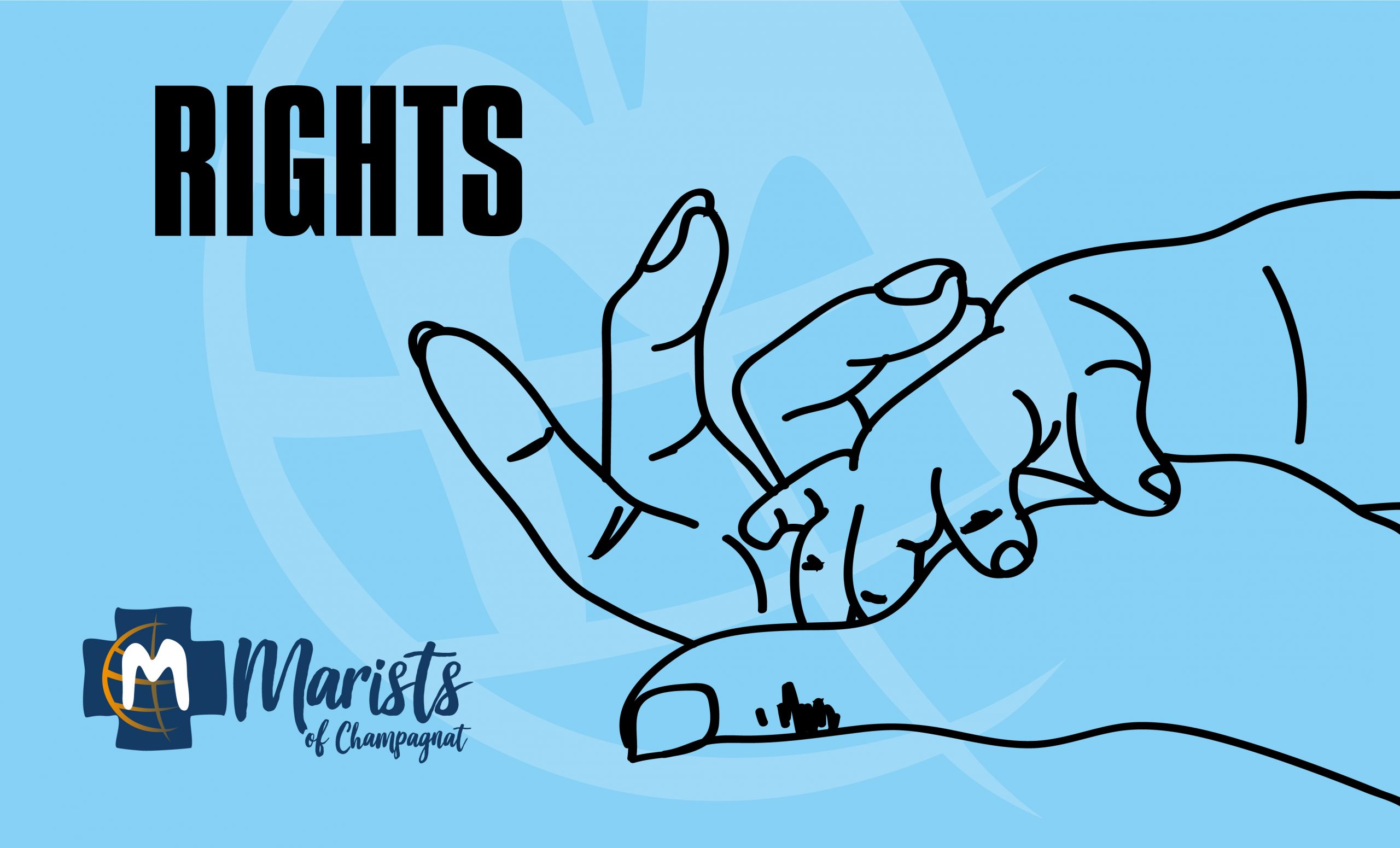
March 21: International Day for the Elimination of Racial Discrimination
On March 21, 1960, the South African police officers in Sharpeville opened fire on anti–apartheid protesters and killed 69. The United Nations (UN) General Assembly condemned this tragic incident and in 1966 declared March 21, the International Day for the Elimination of Racial Discrimination to awaken the international community to the horrors of apartheid and racial discrimination. This day aims at drawing attention to biases based on ethnic origins.
The end of apartheid in South Africa in 1994 has not done away completely with racial discrimination. Xenophobia, ethnic hatred and hate speech persist almost everywhere in the world despite the acceleration of globalization since the 1980s. Given this situation, the UN condemned any racist doctrine and theory and consequently organized a World conference in Durban, South Africa in 2001 whose outcome was the “Durban Declaration and Programme of Action (DDPA)”: a comprehensive document expressing the world’s commitment to tackle racism in all its forms.
Many countries, civil society and religious groups supported this World Conference against Racism to continue the fight against racism. Regarding this, the Pontifical Council for Justice and Peace decided to republish its document, “The Church and Racism: Towards a More Fraternal Society”. This document appeals for a conversion of heart and pardon as the only path to reconciliation. It recognizes the fundamental role of education, the media, the family and religion in human rights education. Policy makers also have an important role in improving the situation of vulnerable minority groups that continue to experience discrimination. Moreover, referring to experimentation with the unborn child as “a new form of racism”, the document also cautions the scientific community that their adventure in this direction could lead to the creation of a “sub-category of human beings”.
Racial discrimination destroys the social fabric of society and people’s sense of agency making social interaction and cohesion impossible. Concerning this, Pope John Paul II in his homily in South Africa in 1995 focused on solidarity to fight racial prejudice and ethnic animosity”. He exhorted all including nations, civil society and religious groups to foster solidarity because all people are created in the image and likeness of God and have the same origin and destiny.
St. Marcellin’s principle: educating the students by loving them all equally
As Marists of Champagnat, we fight discrimination in our schools by promoting Marcellin’s principle of educating our pupils by loving them all equally. We do this by ensuring that all pupils and students have the right to a safe and equal learning and growth environment. We make sure that our schools promote equality by accommodating students with disabilities. Furthermore, the International Marist Mission Commission in its various messages to all Marist educators urges them to ensure that Marist schools are devoid of abusive practices that can breed discrimination such as bullying, ethnic slights, name-calling, ethnic stereotyping, and propagation of degrading materials. The parable of the Good Samaritan (Luke 10: 25-37) and Saint Paul’s teaching about being “Children of God” (Galatians 3:26-28) continue to remind us that in Christ all human beings are brothers and sisters and deserve to be treated with love and kindness. Pope Francis reiterates this in his encyclicals Laudato Si’ and Fratelli Tutti and encourages everybody to look beyond ethnic origin, gender, culture and religion to share our human fraternity and celebrate our Divine filiation.
______________
Brother Francis Lukong – Secretariat of Solidarity
